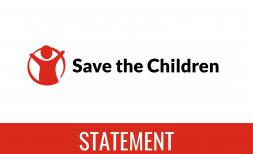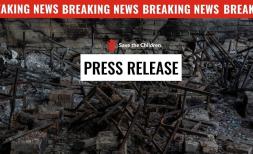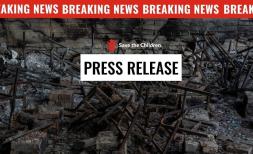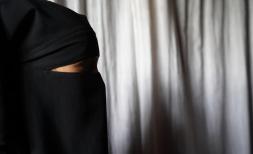150,000 children flee with their families as floods hit parts of Somalia
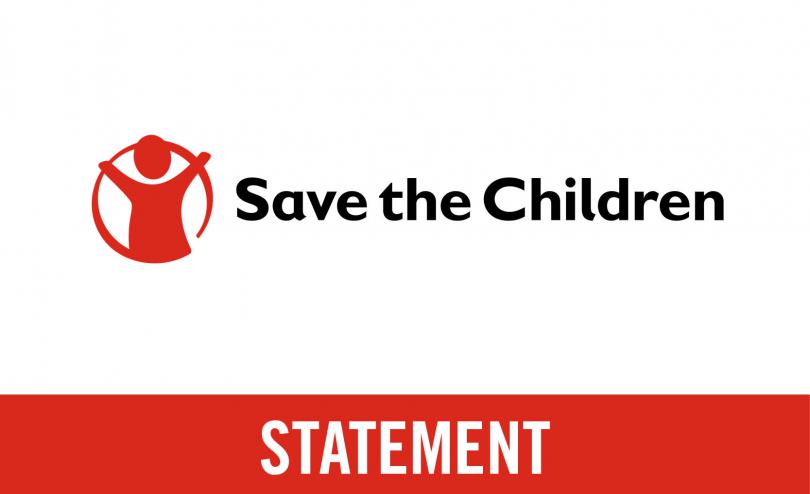
Heavy and erratic rains over the past weeks have sparked the third flash floods in nine months in the southern states of Somalia, displacing almost 150,000 children with their families over the past months[i], and inundating over 33,000 hectares of farmland. Save the Children warned this could have a devastating impact on the lives of thousands of children.
Over 40 villages bein South West State, home to thousands of children, have been flooded since late June. According to the UN, in the Shabelle region alone some 15,000 people were displaced on 14 and 15 July when floods hit[ii] the area. Flash flooding is uncommon during the dry season in Somalia.
The floods, recent swarms of locusts and the loss of livelihoods have pushed tens of thousands of people into food insecurity, as food prices have soared and food production has plummeted by 30-40 percent in parts of the country[iii].
“We are extremely concerned about the situation in Hirshabele and the Southwest states, where families and children are facing hunger which will cause malnutrition rates to skyrocket. The recurring and erratic floods that are hampering these regions have caused crops to fail, severely endangering the production of enough nutritious food for the children”, said Mohamud Mohamed Hassan, Country Director of Save the Children in Somalia
“The floods and the still waters are a perfect breeding ground for mosquitos, which brings concerns of a possible malaria outbreak. With the existing crisis in Somalia including food insecurity, malnourishment of children, conflict and locust swarms, the floods are putting the lives of children at even higher risk”, warns Mr. Hassan. “More resources are needed to tackle this crisis.”
Save the Children is expanding its existing programmes to support the new arrivals in Mogadishu, as at least another 1,000 households who left their areas because of the floods are expected to arrive in already overcrowded camps for internally displaced people.
[i]https://reliefweb.int/sites/reliefweb.int/files/resources/hagaa%20flash%20floods%20update%201%20-%20final%203.pdf
[ii]https://reliefweb.int/sites/reliefweb.int/files/resources/hagaa%20flash%20floods%20update%201%20-%20final%203.pdf
[iii] https://reliefweb.int/report/somalia/somalia-food-security-outlook-june-2020-january-2021
For questions, feel free to reach out to:
Saddam Carab Hussien, saddam.carab@savethechildren.orgRik Goverde, rik.goverde@savethechildren.org
Out-of-hours: Media@savethechildren.org.uk / +44 7831 650 409

